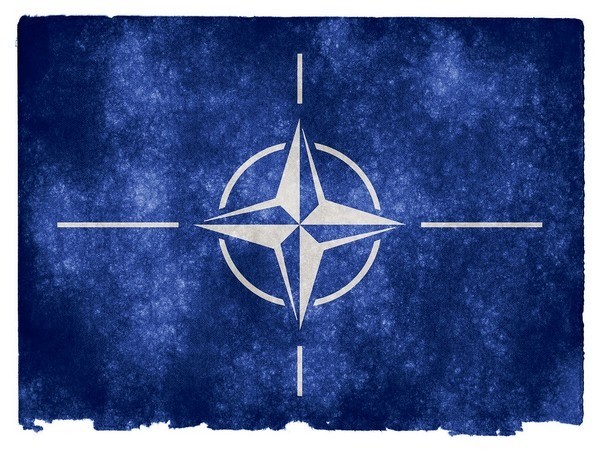
NATO begins nuclear deterrence exercise as Moscow cries foul
Oct 15, 2024
Brussels [Belgium], October 15: NATO began its annual nuclear exercise on Monday, with around 2,000 military personnel from eight air bases participating over the next two weeks.
The Steadfast Noon exercise involves 60 aircraft taking part in training flights over Western Europe. These include fighter jets capable of transporting US nuclear bombs stationed in Europe and long-range bombers, plus surveillance and refuelling aircraft.
The Russian government criticized the military drills.
"In the context of the hot war being waged in the Ukraine conflict, such exercises only lead to a further escalation of tensions," Kremlin spokesman Dmitry Peskov told the Russian agency Interfax.
Russia has repeatedly conducted its own nuclear manoeuvres over the past two and a half years, and has threatened to use nuclear weapons if certain "red lines" are crossed. NATO stresses that Steadfast Noon is "a routine and recurring training activity" - not a response to the Russian invasion of Ukraine - and that none of the drills will involve live weapons.
"Nuclear deterrence is the cornerstone of allied security," new NATO Secretary General Mark Rutte said. "Steadfast Noon is an important test of the alliance's nuclear deterrent and sends a clear message to any adversary that NATO will protect and defend all allies." This year's exercise will take place at air bases in Belgium and the Netherlands, as well as in the airspace over Britain, Denmark and the North Sea.
The participating aircraft come from a total of 13 alliance nations.
NATO did not provide any information about the exercise scenarios or other details.
Military experts say the manoeuvres, which regularly take place in October, practice how to transport US nuclear weapons safely from underground magazines to the aircraft.
NATO's nuclear-sharing arrangement provides that US nuclear bombs stationed in Europe can be deployed from partner countries' aircraft.
US nuclear weapons are widely known to be stored in Belgium, the Netherlands, Italy and Germany.
Source: Qatar Tribune






